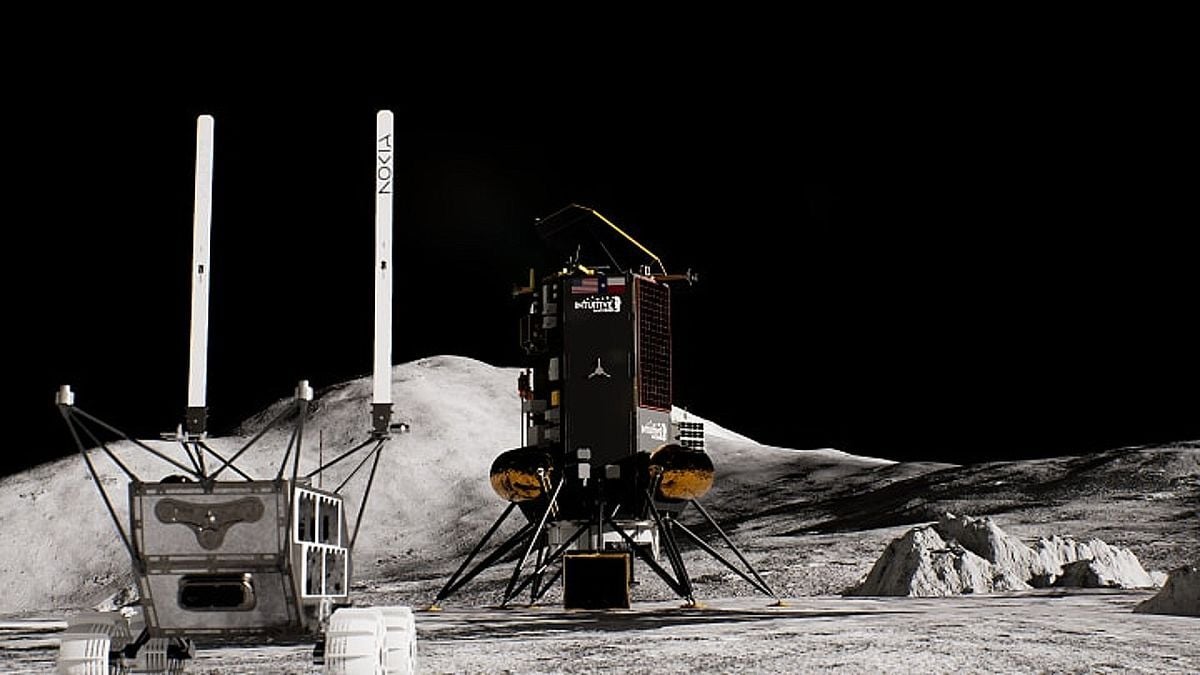Hope NASA paid for unlimited data, would suck to get throttled.
Come on you know that the unlimited data is never really unlimited.
From the article…
Should all go according to plan, Nokia’s 4G/LTE lunar network would provide more bandwidth than the traditional ultra-high frequency (UHF) systems used for space communication. It would not only make communications quicker from astronaut to astronaut, but also for autonomous robotic systems on the moon. Plus, the network could eventually be adapted for Mars — and upgraded to 5G one day.
I don’t know why, but I find it strangely funny that it’s only going to be 4G, and not 5G.
Regardless of the ranges issue of 4G versus 5G, I’m assuming that signal repeaters will be necessary for both of the protocols.
There is actually very little difference in the range of 4G versus 5G. As long as the frequencies used remain the same, the only issue you might have is since bandwidths are wider, you need to have slightly more powerful radios and or lose some range due to dBm per megahert.
A 710 MHz frequency with a 20 MHz channel width will go the exact same distance on LTE and 5G.
Now that same 710 megahertz frequency with 80 megahertz on 5G will not go as far because of decibels per megahertz. But if you increase the power slightly, it will go the same distance.
Wait, this isn’t the Onion?






